Chip foundry giant TSMC has announced it is suspending production of AI and high-performance computing chips for Chinese customers, in order to comply with US export controls.
Accordingly, affected Chinese customers include teams working on high-performance computing, graphics processing units (GPUs) and AI computing using 7-nanometer chips, excluding microprocessors for mobile, communications and connectivity.
According to Nikkei Asia, TSMC has been evaluating customers using 7nm technology or more after discovering some suspicious activities aimed at circumventing US export control regulations with Huawei. TSMC has sent a list of these customers to the US Department of Commerce.

Another source said TSMC has told some Chinese customers with high-computing chip designs that they need to work with the US Commerce Department's Bureau of Industry Security to notify them that their chip designs can be manufactured by TSMC.
“The move is aimed at tightening oversight of possible attempts to circumvent US export controls,” the source said. “Currently, the oversight responsibility lies primarily with TSMC itself, but in the future, Chinese customers will also be held more accountable.”
Chinese media outlet Jiwei said TSMC will stop shipping products made using 7nm or more advanced technology to Chinese AI chip customers starting next week.
The Chinese market accounted for about 12% of TSMC's total revenue of 2.16 trillion Taiwan dollars ($67.3 billion) last year, while the US is the Taiwanese chipmaker's largest market at 65% of revenue.
In the most recent quarter, US customers accounted for 71% of TSMC's revenue, compared with China's 11%.
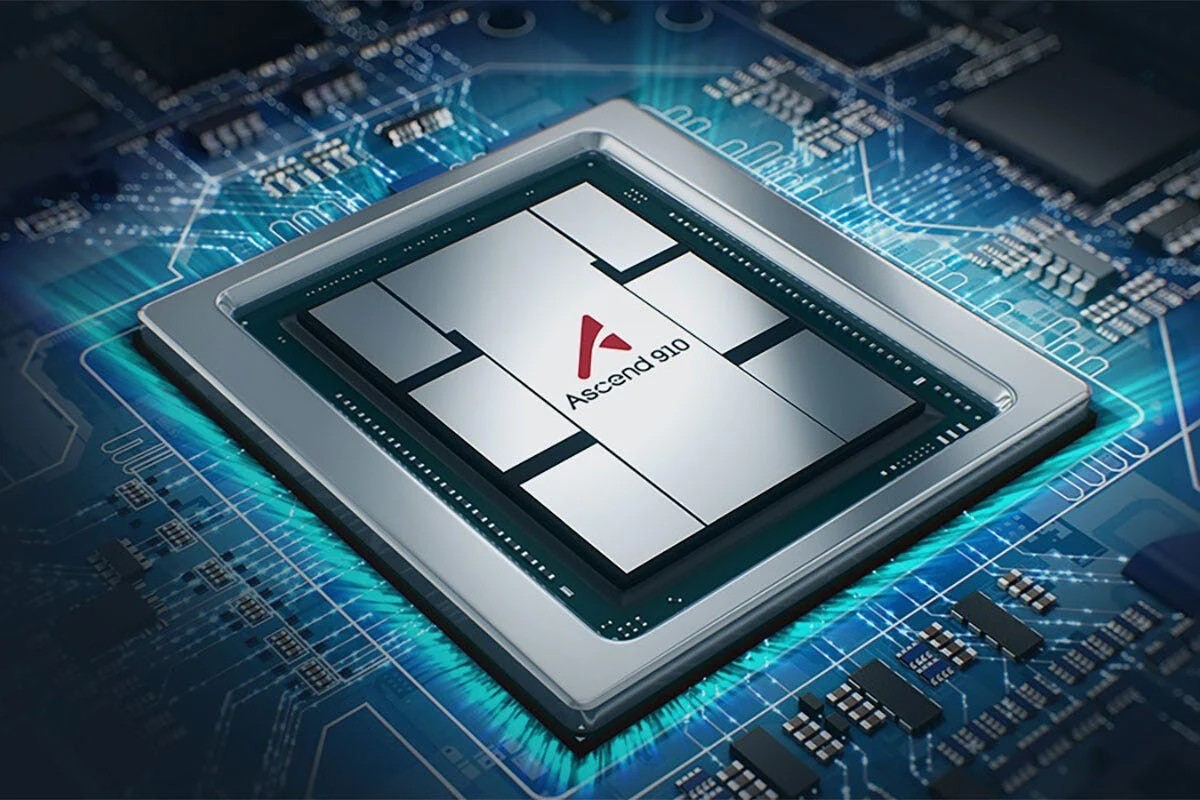
Source: https://vietnamnet.vn/tsmc-thong-bao-dung-cung-cap-chip-tien-tien-cho-khach-hang-trung-quoc-2340232.html



![[Photo] Prime Minister Pham Minh Chinh chairs the meeting of the Government Party Committee Standing Committee](https://vstatic.vietnam.vn/vietnam/resource/IMAGE/2025/8/23/8e94aa3d26424d1ab1528c3e4bbacc45)

![[Photo] General Secretary To Lam attends the 80th Anniversary of the Cultural Sector's Traditional Day](https://vstatic.vietnam.vn/vietnam/resource/IMAGE/2025/8/23/7a88e6b58502490aa153adf8f0eec2b2)







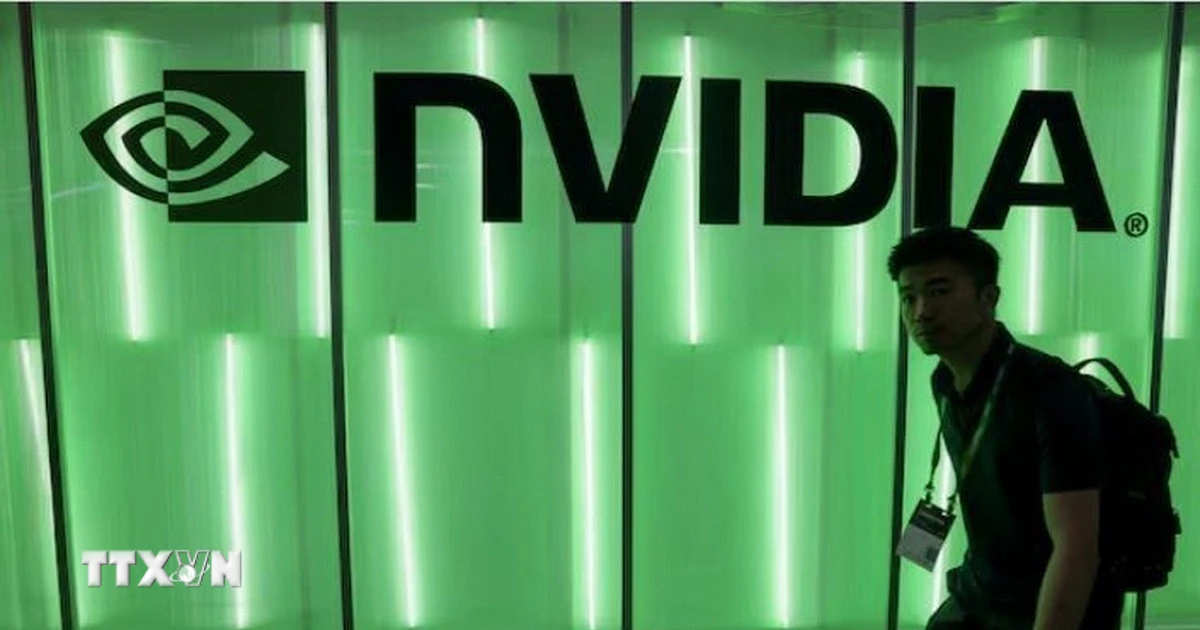




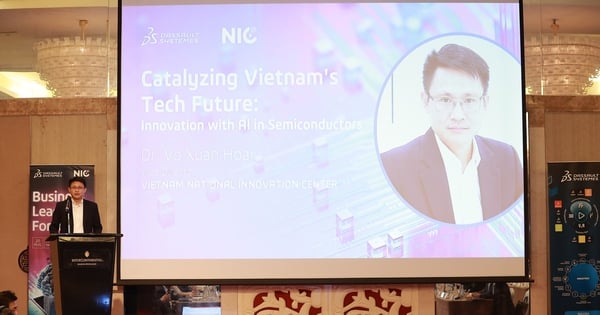

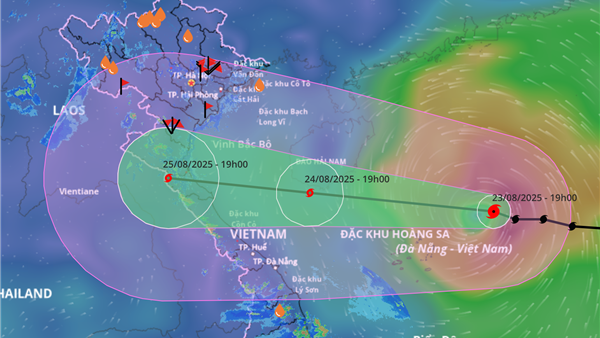

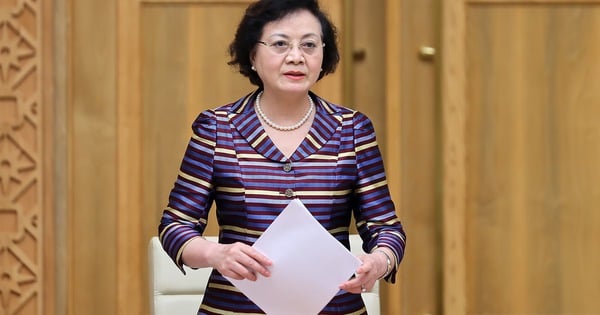




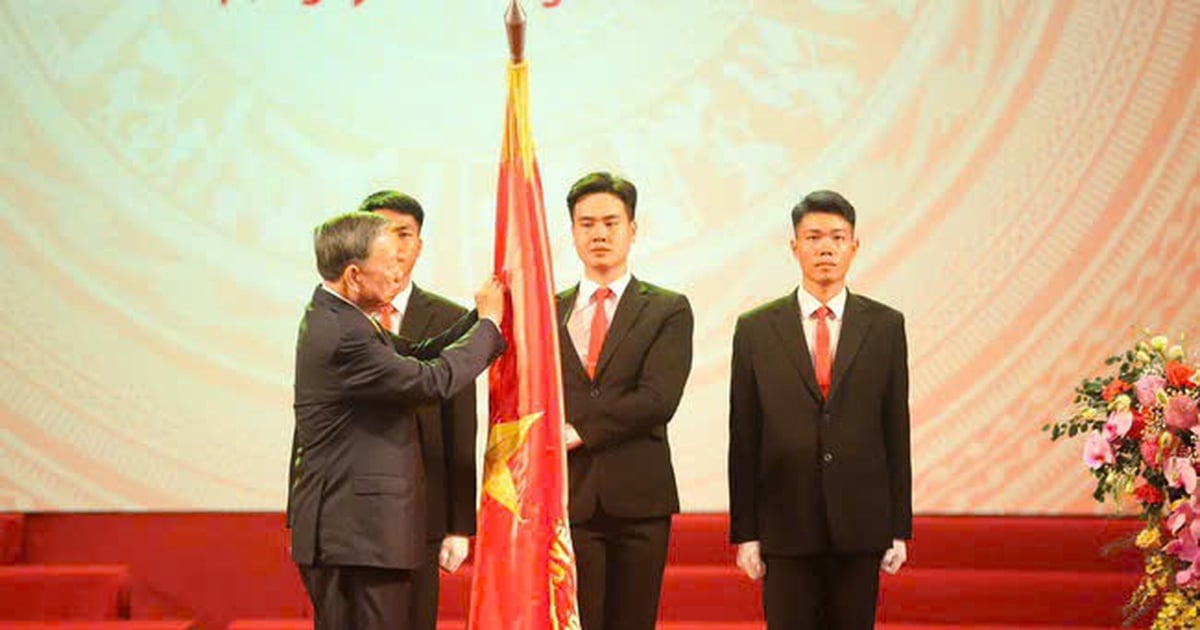








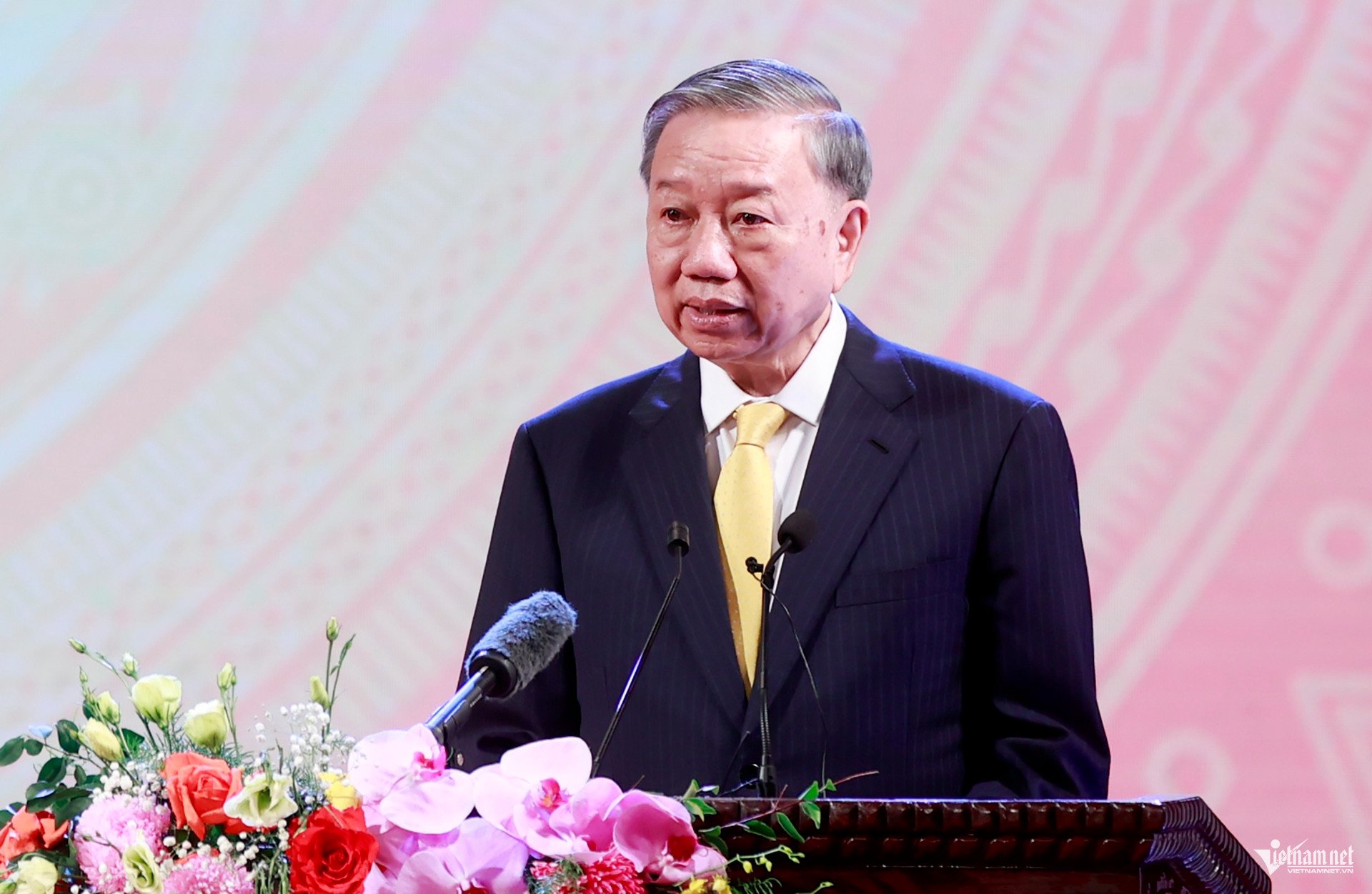

































































Comment (0)